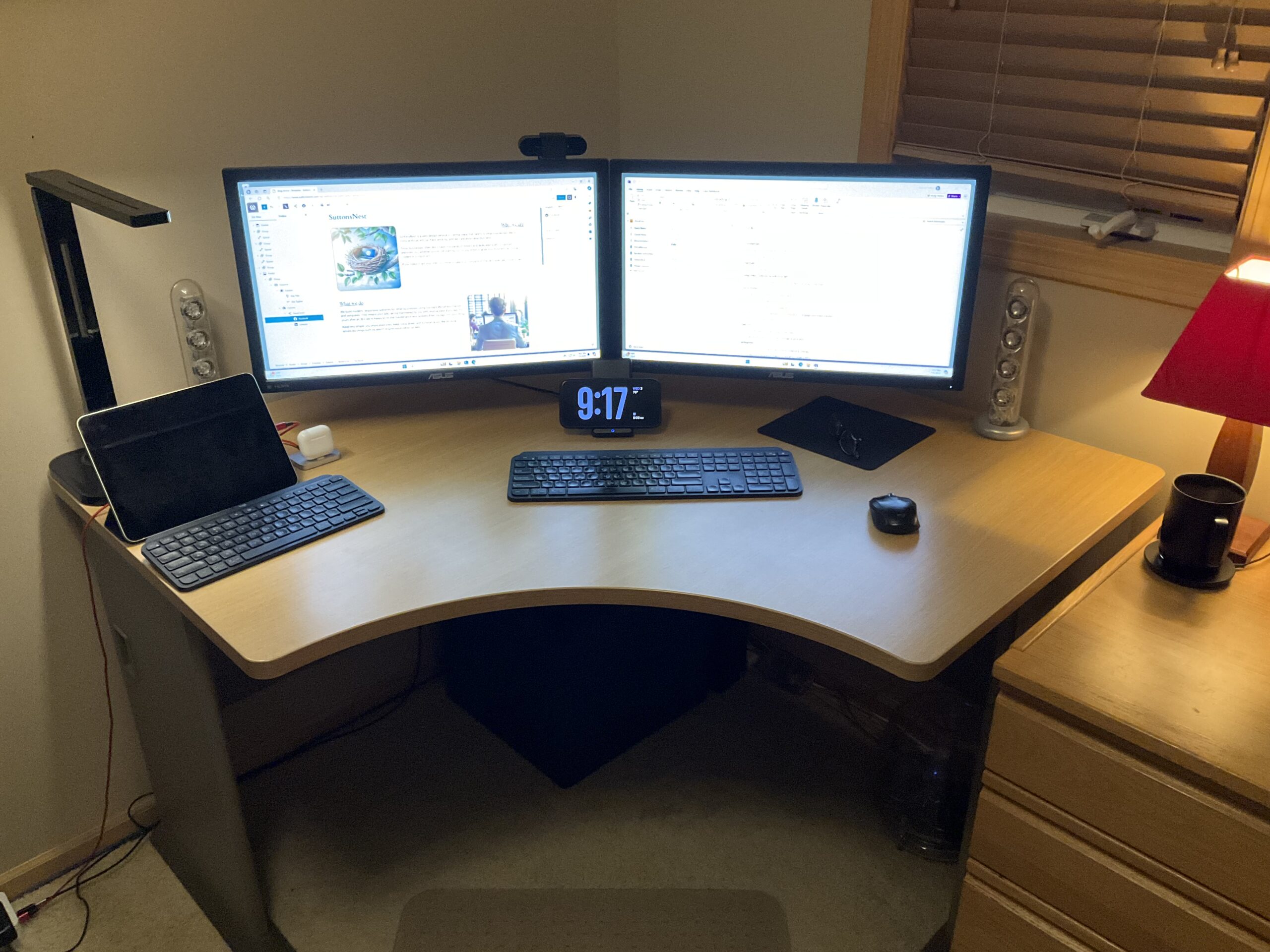I should preface by saying that I’m not really a sports guy, but I think if you’ll read to the end you’ll get what I’m saying and you’ll find out you don’t necessarily have to be a sports fan to get where I’m going.
A number of years ago I was having a conversation with a boss of mine who was wondering what it would take to come up with a Super Bowl winning support team.
In a very broad sense, when you speak of a Super Bowl winning team, it’s worth considering that within a football team, there are other “little teams”, like defense, offense, and special teams. Following this analogy, consider tier 1 the defense. They’re the ones who meet the end users when they (the users) are on offense, calling, and demanding.
Having a great defensive line that can effectively deal with what’s being thrown at it is essential. They allow the other teams to do what they need to do with considerably more precision. If the defense isn’t doing it’s job, pressure is put on the offense to step up and get more aggressive and do more to win instead of being able to carry out their game as planned. They get forced into a reactive mode, having to make sure they score because the defense isn’t preventing the opponent from scoring.
An effective defense, or a good tier 1 team is the communication pipeline between IT and the organization. Whether systems are being upgraded, or there are unplanned outages, to have a Super Bowl winning team it’s essential to have a world class tier 1 team that can shield the rest of the IT team from the end users, and allow them to do their jobs. When customers are being communicated with, and expectations are being set, that relationship is much easier to manage.
The tier 2 team would be like the offense. They’re the ones who go out to where the users are, away from the IT caves and the server rooms and score the points by solving problems. Whether it’s a new installation or something that’s broken and needs fixed, this is the “face” of the support team. If tier 1 is the communications conduit, tier 2 is what the users see of the support organization.
Tiers 3 and 4 would be like special teams, doing the punts, and kick off returns that aren’t necessarily part of the everyday routine. They’re solving problems that are out of the ordinary scope, and planning for things that need special execution.
With that as background…
Each of these little teams is critical to the function of the team as a whole. You can have the best defense in the NFL but by itself, that won’t make you a Super Bowl winning team. Similarly, the function of the individuals who make up the smaller units is equally important.
As the smaller teams have different roles within the larger framework of the team, so the individuals have different roles within their little teams.
Not every offensive player is well suited to be a quarterback, but the quarterback can’t do well if he doesn’t have good receivers and guys that block him from the opposing team’s blitz. There are tasks that are specialized, and some people are better suited then others for a given task. Sometimes that’s a natural fit, and sometimes it’s because of training that they’ve experienced over the years, by the time a team gets to play in the Super Bowl, there’s been considerable professional development, and people are sure of their role, and know it backwards and forwards. They’ve trained for it and received special instruction. They also know what to expect from their team mates, and how they’re going to react. This intimate knowledge of the other members of the team is because they’ve worked together, and know each other, and know what to expect from one another.
If each of the players was to try to get equal time in every role, professional development suffers. The quarterback for example, only gets to spend a small portion of time working on passing. During the time he’s learning other roles, he’s blocking, tackling, kicking, running, and doing other things besides passing, but not developing his primary role so he can continue to improve on throwing. Beyond that however, people aren’t just picking jobs and doing them, they’re doing things that interest them, that they have a passion about, and that they’ve trained for. Probably when a ball player was in high school or college, he had the opportunity to try different positions and do different things, but he had an aptitude or a passion for doing one thing or the other and so that skill developed.
These individuals aren’t the only ones on the team who can do their jobs, there is always a backup quarterback for example who is learning and growing into the role, being mentored by the lead quarterback and so forth. So when that lead player can’t fulfill his task, there is someone there who can. It would be silly of a team to go into the Super Bowl with only one quarterback, regardless of how good he is. So there needs to be some sort of cross training or a backup plan.
There is a certain amount of pride in accomplishment when someone specializes in their role that they may miss out on if they generalize and spread themselves to thin. When people specialize in a role there greater responsibility. If there were a different quarterback in every time the team had the ball, it would be easy for one of them to not feel as committed, and let the others pick up the slack when it’s their turn.
So there isn’t a secret sauce or a magic bullet to having a Super Bowl winning team. It’s about practice, dedication to the team, devotion to your role, trust in your teammates and faith in your management. If you’re on offense, you don’t need to worry about how the defense is doing what they’re doing. You just need to know how to score points and let the other people do their job.
In my experience things seem to work when there’s a degree of specialization and everyone knows their role and does their job and let’s everyone else do the same!!




